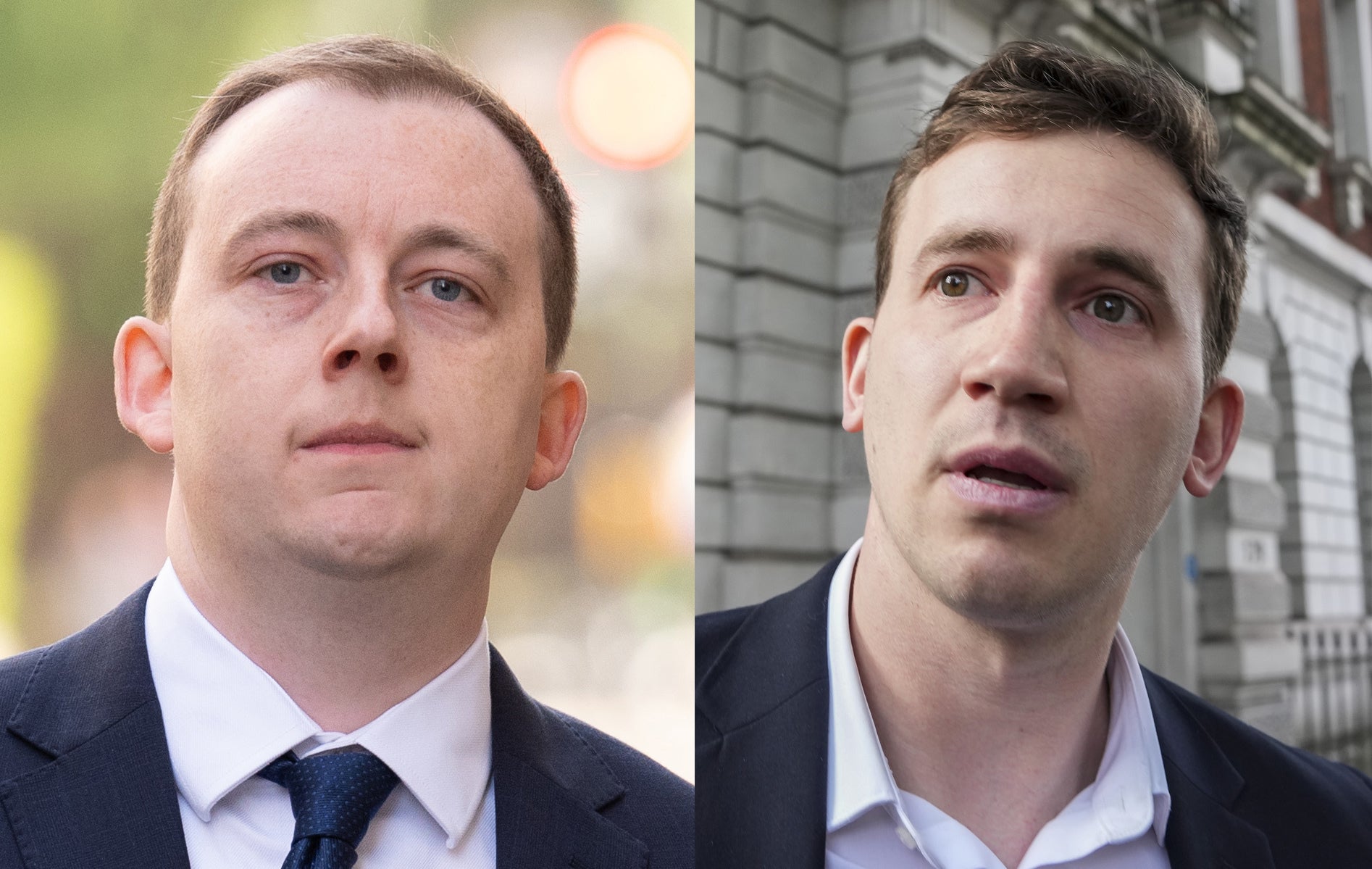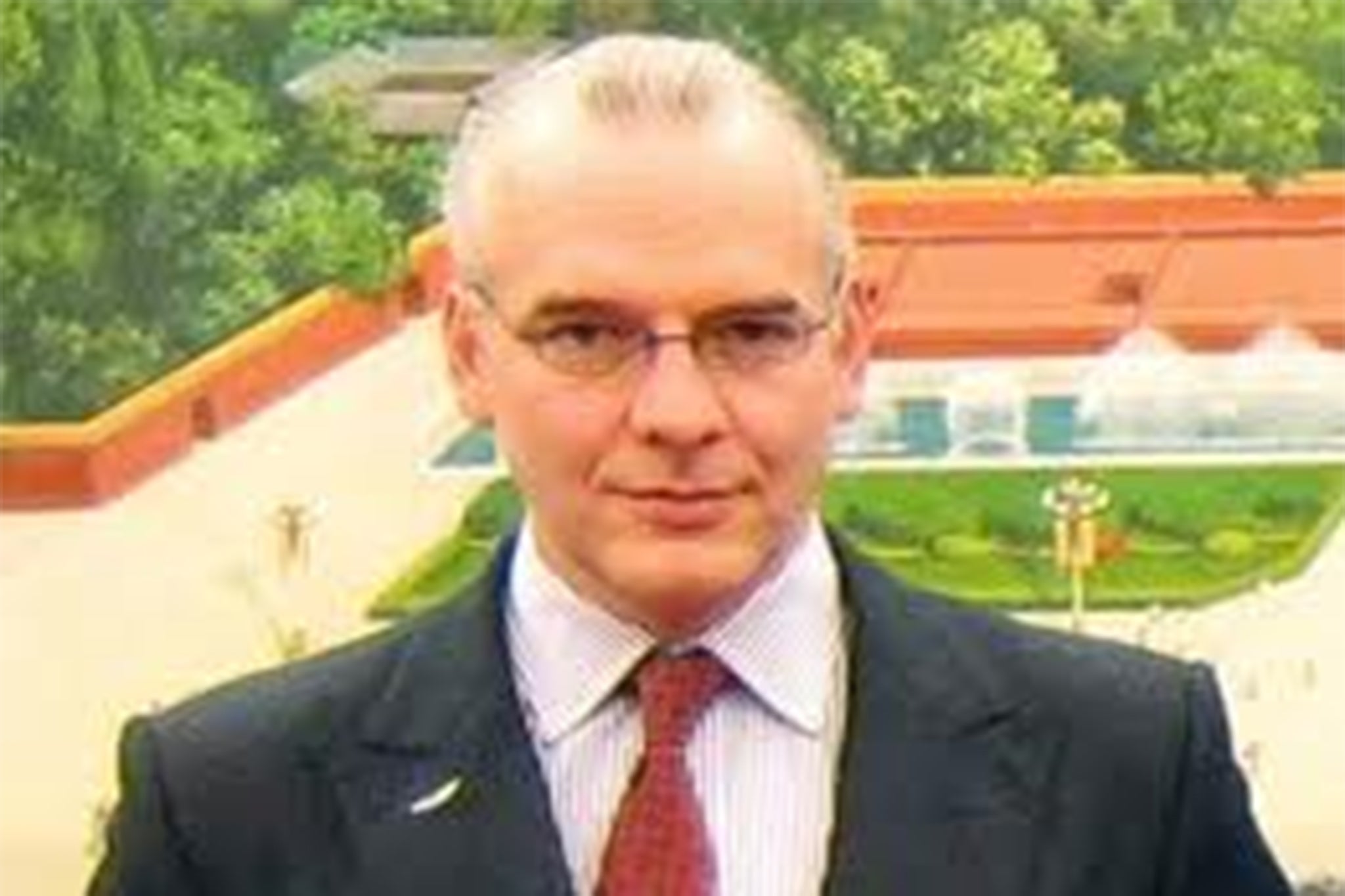How easy would it be to find yourself accused of being a Chinese intelligence asset? Pretty difficult, you might think – until you enter the slightly grey zone of travelling to China repeatedly for work – 27 times in 10 years in my case.
Like the former parliamentary researchers Christopher Cash and the academic Christopher Berry, who were accused of being spies, I regarded my activities in China as “consultancy”; a side-hustle to my day job in London and New York as a journalist. I was going to try to make money, but I had also been long fascinated by China and developed a deep love of the country, even considering studying Chinese at university.
My work in China, with a British friend who worked in PR, was small-fry. My friend and I were advising Chinese businesses, mostly in technology, on how to handle the Western media. We gave lectures at elite universities and business schools, too. But it might have escalated to the point where MI6 took an interest. If someone had wanted to be awkward, what I was doing could easily have been interpreted as aiding and abetting an enemy state. Or perhaps just helping a “competitor”, as successive British governments prefer to regard China.
The way Chinese companies dealt with Chinese journalists was the time-honoured “red envelope” method. When you wanted to publicise a product, you gave reporters and columnists a red envelope stuffed with money and told them what they should write. Our mission was to explain that this might not work so well with Western reporters. Our audiences were sceptical to the point of laughing out loud on occasion.
The trips often had hilarious moments. An official once asked if it was still the custom in Britain when you welcome visitors to your home to say to them immediately, “Please help yourself to some fish.” Another time, a clothing manufacturer took us out to his factory on the outskirts of Shanghai to ask for our help making him the biggest supplier of bowler hats to the UK. I explained to him that I distinctly remember the last time I saw a man wearing one, and that was in 1964, but he wasn’t swayed. He saw a potential market from “the English gentlemen” for 100 million bowler hats. We promised to get back to him.
Things became more serious, however, when we were invited for lunch at the Chinese Embassy on Portland Place in London. We walked guiltily through the permanent posse of brave Falun Gong demonstrators outside, to a magnificent and merry meal with a group of mid-level officials who praised our enterprise and said they would make more connections for us. I still keep on my desk my lunch place card, resplendent with the national emblem of the People’s Republic of China.
A week or so later, on our next trip, we were summoned by some sophisticated business people we didn’t know to a sumptuous dinner in Beijing. They nodded along to our views on a variety of world issues, asked pertinent questions about British politics and media, and then, right at the end, as is usual in China, came to the main point of the meeting.
“How would you feel about media training the Chinese Communist Party?” one of the group asked. My instincts as a journalist were instantly piqued – imagine spending time and hanging out with the party elite, I thought.
What I actually said, possibly through nerves, possibly the copious rice wine was, “Oh, I love a party, me,” which earned me a hefty kick under the table from my friend. “Let’s give it some thought and come back to you,” she said.

We later asked a contact at the British embassy what we should do and were told it wouldn’t be advisable. Rather than say no, we decided it might be better to just quote an insane price. We emailed them to say we would be very interested, but the cost would be in the region of $50,000. We didn’t get a response.
By this time, it could have been argued, we were already virtually in bed with the party, segueing from consultants to enablers. Or as Kemi Badenoch put it to Keir Starmer this week, “sucking up to Beijing”.
I wasn’t going to China as a journalist, but the newspapers I worked for knew I was going, and I’d write on subjects as varied as Baidu, the Chinese Google, to the richest town in China, to Christian churches in China, to the lively Jewish community in Shanghai to the emergence of Chinese tech companies making truly desirable products, and to the first English takeaway in China.
One story I was keen to cover was Chongqing in the southwest, an extraordinary city of over 30 million people. I was fascinated by the charismatic party secretary – effectively the mayor of Chongqing – Bo Xilai. Son of one of Chairman Mao’s close associates, Bo was being spoken of as the next leader of the country and was known for his methods in enforcing law and order. In two years, some 5,000 corrupt officials, businessmen, police and judges had been arrested. There were stories of criminals being executed without trial. Crime fell sharply and the city boomed economically, but it came at a price.
Returning from China to London on a Virgin flight, I found myself sitting coincidentally – at least I think – next to an American who turned out to live in Chongqing and claimed to know Bo well. “Come and meet him on the next trip,” he said, “I can fix it. You’ll be impressed.”

What I didn’t know was that Bo Xilai was known for befriending foreigners, charming them, getting them to do him a few small favours, then moving on to bigger favours. One such was a British businessman, Neil Heywood, who got close to Bo and his wife, and helped them with overseas financial and property arrangements, possibly including offshore accounts or asset transfers. In 2011 – days after the mystery American on the plane promised to introduce me to Bo – Heywood was found dead in his hotel room.
The authorities said he’d died of alcohol poisoning, but he barely drank and was quickly cremated without a post-mortem. Bo’s police chief then sought asylum at the US consulate and said Heywood had been murdered with cyanide by Bo’s wife after a business dispute. Bo ended up being purged from the Communist Party and, in 2013, sentenced to life for corruption, abuse of power, and taking bribes.
The point about being careful who you get close to in China was that if I had met Bo, I might easily have been seduced into his spider web both as someone trying to build up a business in the country, and as a curious journalist.
I could have ended up in a fatal, triple jeopardy – from the dangerous Bo family, from the Chinese government for being associated with Bo, and with our own government for being way too close to the Chinese Communist Party.
None of which would have been a good look at all.
China is ruthless when it comes to arresting foreign spies – Starmer needs to take note
MI5 ‘missed chance to expose Soviet spy Kim Philby decade sooner’
Wallis Simpson’s forgotten year in China – and how it shaped her life with the King
A US senator claims 'Christian mass murder' is occurring in Nigeria. The data disagrees
MI5 chief piles pressure on PM over spy crisis
Pressure mounts on DPP Stephen Parkinson to explain China spy trial collapse





.png?w=600)

